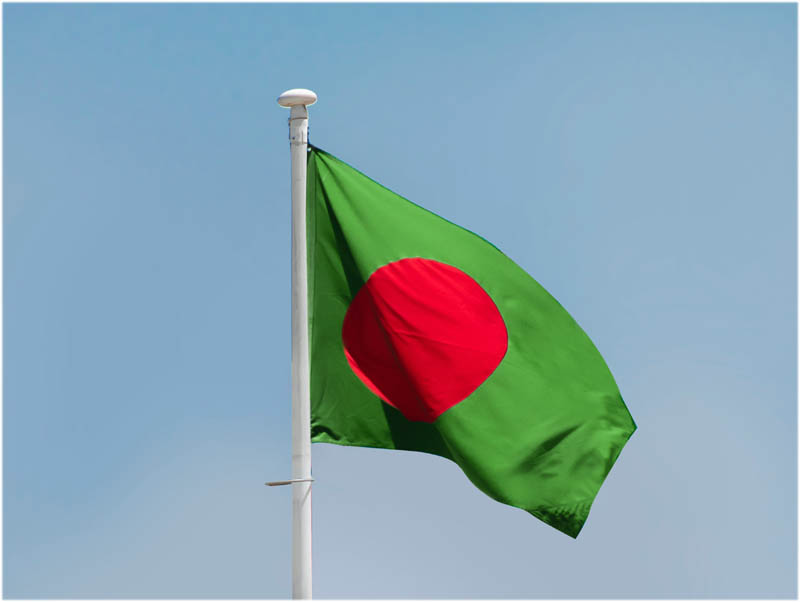 The Democracy Forum
The Democracy Forum The Democracy Forum webinar participants discuss Jamaat's role in Bangladeshi political paradigm
The Democracy Forum (TDF) recently hosted a webinar named ‘Jamaat-e-Islami, Bangladesh – the subcontinental Brotherhood? where speakers discussed whether the rise of Jamaat-e-Islami, Bangladesh would take the country in a regressive direction.
TDF President, Lord Bruce welcomed panellists to the webinar, which examined the circumstances surrounding the re-emergence of Bangladesh Jamaat-e-Islami (BJI) as a democratic movement, after a decade of political isolation, reported ANI.
He spoke of the political rally held by Jamaat-e-Islam in Dhaka in June this year that appeared to signal a revival in its prospects as a political force.
He mentioned the history Jamaat and said how it was established in 1941 and is a movement dedicated to pursuing the ideal of “Hakimiya” to ensure the incorporation of Islamic ideology into all aspects of state governance.
Although widely credited today as Bangladesh’s most populous and arguably best-organised political movement, Jamaat has not been close to exercising power since 2006 when it participated in the BNP (Bangladesh National Party) led government. Lord Bruce highlighted how the record of Jamaat as a responsible political party and coalition partner serving in the former BNP government has been marred by evidence of violence and intimidation and how for the past 15 years, Jamaat has been proscribed as a political actor, reported ANI.
Associate Professor of World Religions and Culture at the University of Dhaka, Shafi Mostofa looked back at Jamaat’s history, agenda and strategy, as well as on its controversial role in Bangladesh’s 1971 War of Independence.
Mohammed Sinan Siyech, PhD Candidate, Islamic & Middle East Studies Programmed, University of Edinburgh examined Jamaat-e-Islami’s transnational connections, and its organisational structure in Bangladesh. He spoke of how political Islam is transnational with different manifestations to counter pan-Arab nationalism, reported ANI.
Maidul Islam, Assistant Professor of Political Science, Centre for Studies in Social Sciences, Calcutta assessed the influence of Jamaat-e-Islami in Contemporary Bangladeshi Politics, 2008-2023, focusing on the more recent electoral results, the crisis of Jamaat and the possible challenges the organisation faces in contemporary Bangladesh.
Support Our Journalism
We cannot do without you.. your contribution supports unbiased journalism
IBNS is not driven by any ism- not wokeism, not racism, not skewed secularism, not hyper right-wing or left liberal ideals, nor by any hardline religious beliefs or hyper nationalism. We want to serve you good old objective news, as they are. We do not judge or preach. We let people decide for themselves. We only try to present factual and well-sourced news.







